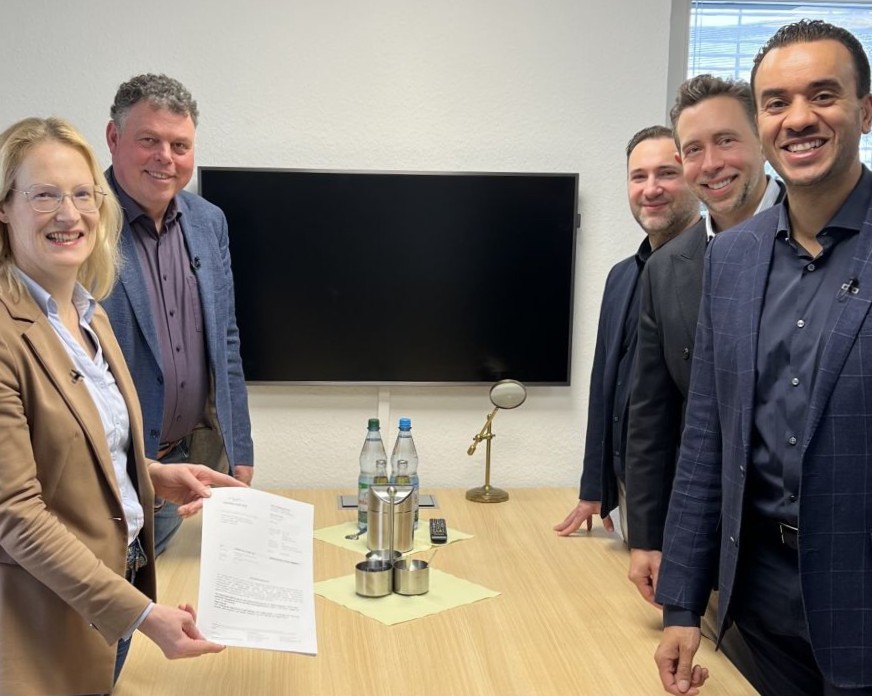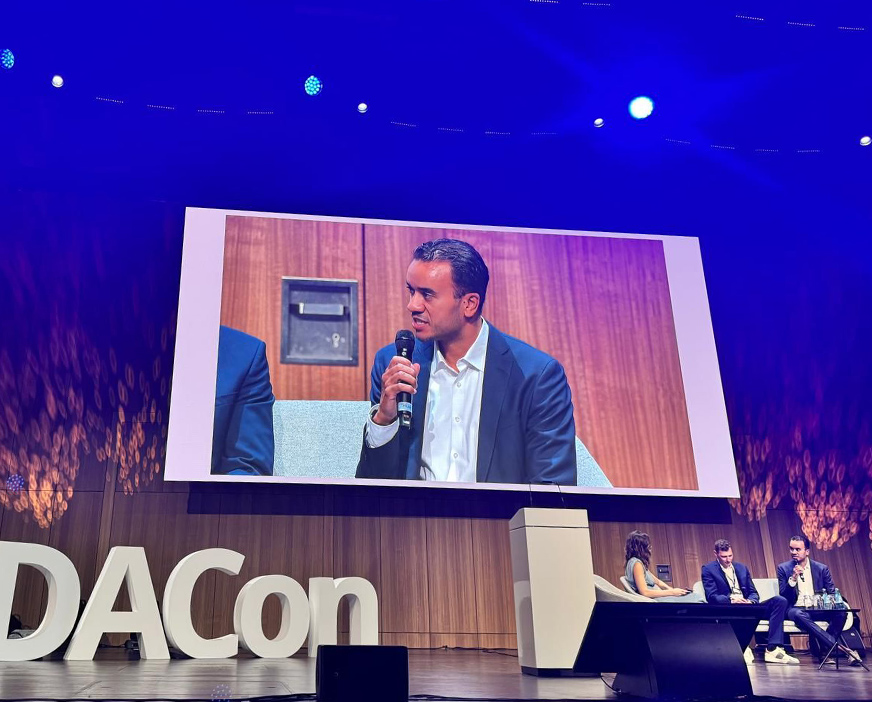How the digital offensive is being hampered by overloaded power grids
In the digital age, artificial intelligence is considered the new oil: a technology with the potential to automate processes, enable new forms of human interaction, and transform entire industries. However, the seemingly limitless innovative power of AI harbors a risk that has so far received little attention in the public debate: the rapidly growing electricity demand of modern AI applications and its impact on the physical infrastructure of digitization.
“It’s not just about energy targets, but also about the reliability of digital systems. Digitization is thus facing the hurdle of its own physical limits,” says Jerome Evans, founder and managing director of firstcolo GmbH. “Artificial intelligence does not work without enormous computing power. Large language models, multimodal neural networks, and machine learning systems for industry, medicine, or research require enormous amounts of energy.”
Power grids long at their limit
While classic applications work with relatively stable load profiles, AI workloads cause complex load peaks and continuous loads that place heavy demands on data centers. “We are talking about workloads that require specialized hardware such as GPUs or TPUs and have high power densities – often in areas that average data centers are not designed for per rack,” explains Evans. However, the problem is not just the power consumption of the servers.
“The energy supply, cooling, and redundancy systems must also grow with it. This is becoming increasingly difficult, as the local power grids in many cities are already overloaded,” adds Evans. New connection capacities are scarce, and they also involve years of approval times. In addition, AI systems not only need more electricity, but it must also be continuously available. Because: A single failure, for example during model training, can cost millions in resources or bring entire business processes to a standstill.
Grid expansion lags behind
There is a structural imbalance: The speed at which AI applications are developed and scaled far exceeds the speed at which energy infrastructure can be planned and implemented. “Software scales in months, while grid expansion takes years. This gap is therefore widening,” warns Evans.
The result: Many companies outsource their AI processes to data centers without paying attention to the resulting load or the associated risks. “It is therefore a matter of considering digitization not only as a software issue, but as a holistic system task. AI innovations can only take place if the infrastructure is in place to enable them,” says Evans. “Energy efficiency helps to curb demand, but not to prevent it.”
More energy efficiency is not enough
Due to the high electricity prices, energy efficiency has long been a core requirement for German data centers, which they meet, for example, through heat recovery, free cooling, or the use of renewable energy sources. “If total consumption multiplies, even the most efficient infrastructure will eventually reach its limits,” Evans points out.
“A fail-safe data center needs electricity first and foremost, and it needs it reliably, stably, and around the clock. Possibilities would be, for example, prioritized electricity access for system-relevant digital services, the promotion of edge computing and decentralized load distribution, or faster approval and grid expansion procedures for high-availability infrastructure,” he outlines. Given the increasing dependence on digital processes, it would be negligent to regard electricity as a minor matter.
Without electricity, the lighthouse remains dark
In the coalition agreement, the black-red federal government formulated the goal of making Germany a “lighthouse of Europe” as a location for data centers. “If the electricity is missing, however, such ambitions will come to nothing, and Germany runs the risk of losing ground when it comes to digital future technologies: Europe’s lighthouse could quickly become the bearer of the red lantern,” Evans cautions.







